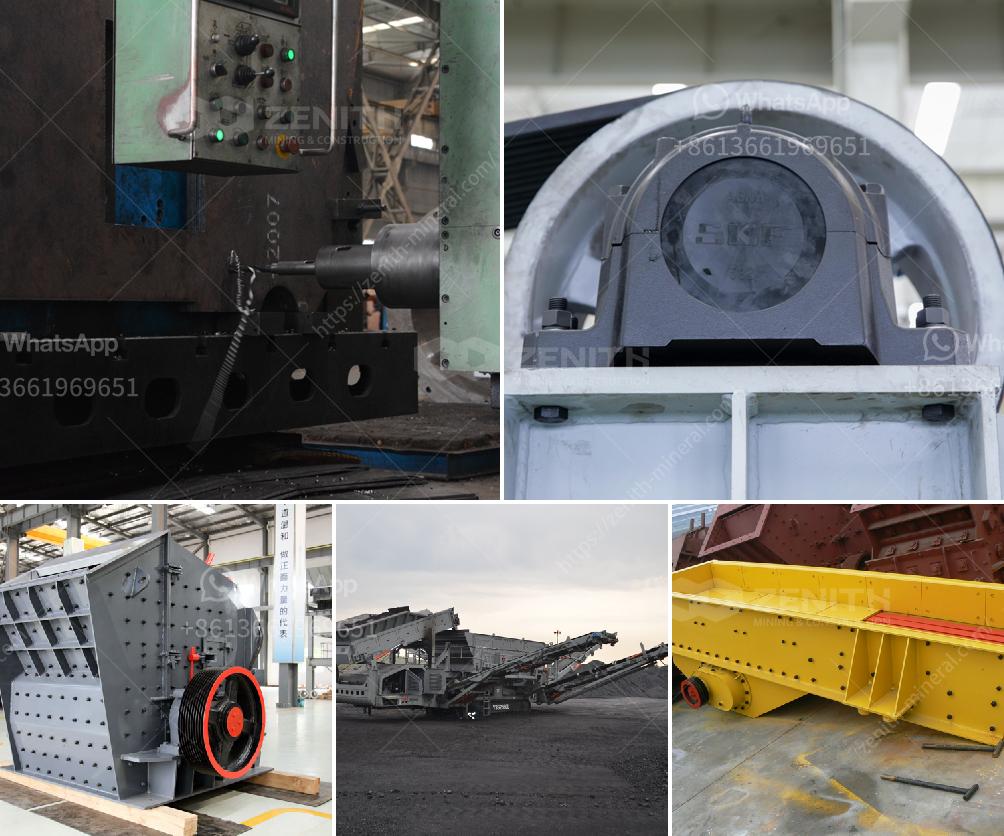Building a small cement plant is a process that requires careful planning, precise design, and adherence to regulatory guidelines. Here is a step-by-step guide to help you navigate the process:
1. Conduct a Feasibility Study
- Market Analysis: Assess the demand for cement in your target area.
- Financial Analysis: Calculate the initial investment, operational costs, and potential revenue.
- Location Selection: Choose a site that's accessible to raw materials, transportation, and utilities.
2. Obtain Necessary Permissions
- Environmental Clearance: Ensure compliance with environmental regulations.
- Land Acquisition: Secure the land through purchase or lease.
- Building Permits: Apply for construction and operational licenses.
3. Design and Planning
- Plant Layout: Design the layout for optimal workflow, including raw material storage, production lines, and finished product areas.
- Technology Selection: Choose the right machinery and equipment. Consider eco-friendly and energy-efficient options.
4. Procure Equipment and Raw Materials
- Main Equipment: Kiln, crushers, raw mill, preheater, clinker cooler, cement mill, etc.
- Raw Materials: Limestone, clay, shale, iron ore, etc.
5. Construction Phase
- Site Preparation: Clear and level the site.
- Civil Work: Build the physical structures including foundations, buildings, and infrastructure.
- Install Machinery: Arrange for transportation and installation of equipment.
6. Electrical and Aeration Setup
- Power Supply: Set up an adequate and stable power supply.
- Waste Management: Implement systems for waste handling and emission control.
7. Trial Runs and Training
- Test Runs: Conduct multiple test runs to ensure all machinery is functional and the production process is smooth.
- Staff Training: Train your workforce in operating machinery, safety protocols, and quality control.
8. Quality Control
- Testing: Regularly test raw materials and finished products to ensure they meet industry standards.
- Adjustments: Make necessary adjustments based on test results and feedback.
9. Start Production
- Initial Production: Begin with a small production batch to iron out any issues.
- Full-scale Production: Gradually increase production as confidence in the process and equipment efficiency grows.
10. Marketing and Distribution
- Branding: Develop a brand and marketing strategy.
- Distribution Channels: Establish reliable distribution channels to get your product to market.
Additional Tips
- Sustainability: Consider utilizing alternative fuels and raw materials to minimize environmental impact.
- Automation: Invest in automation to reduce labor costs and increase efficiency.
- Regular Maintenance: Establish a routine maintenance schedule to keep the equipment in top condition.
Building a cement plant is a significant undertaking, but with careful planning and efficient management, it can be a successful venture.


